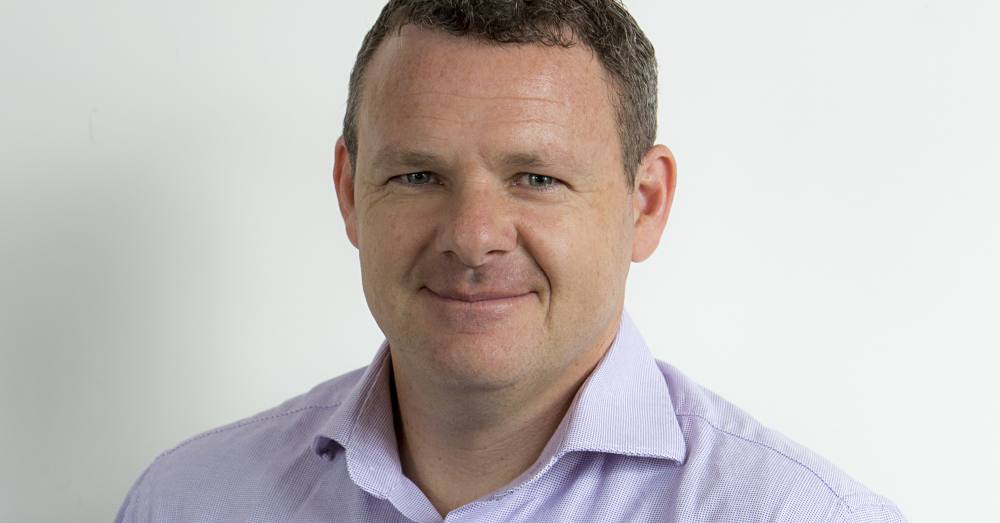
Early 2020 has provided a sour-tasting appetiser to what is to come over the next year. But while the future is very uncertain, I am confident the Western Bay of Plenty will come through the impending recession in reasonable shape.
We are fortunate that most of our industries and businesses are in good markets and will be relatively resilient to the disruption. The key to minimising the damage for the rest of 2020, will be maintaining business confidence and employment.
There are a few learnings we can take out this economic shock and disruption: more traditional businesses have struggled and change hasn’t come easy, barriers to working flexibility have proven very movable, and we’re more reliant on population growth than is ideal.
As we seek to rebuild our economy, and with the knowledge that we are in reasonable shape compared to the rest of the world, we find ourselves in a position where we can look ahead and be bold about accelerating change. There’s no sense in returning to the same normal, we need to return to a better normal.
Key issues we should be considering
How to speed up developments, while maintaining good process. This is particularly important in times of economic need, where we have intent from the private sector to invest, but the process simply takes too long and the steps are uncertain. This means a risk profile that eventually discourages investment. Resource Management Act reform would obviously help, but that won’t come quickly. We need a set of reliable and fast processes to manage consents.
Confront New Zealand’s labour and productivity issue. We lack labour for many industries (horticulture is a good example) and this is unlikely to get significantly better in the future. We need to rapidly invest in technologies and processes that can allow us to grow businesses without an equivalent increase in people. This is particularly important as our primary sector markets grow and our population ages.
Over the past six years in particular, the Western BOP has been a high growth economy. While in many ways that is great, we lag most other domestic cities in how that growth translates to household income. This, coupled with high housing and rental costs, gives us a situation where the economic prosperity is not shared by all. We can change that by pursuing higher value industries and jobs through technology and research and development investment.
Another way we can influence the prosperity equation is to improve our social housing outcomes, where we again lag the rest of New Zealand in our proportion of social housing stock. This is an ideal example of where some government investment could help provide near-term jobs as well as long-term social benefit.
Make our moves on environmental sustainability now. Our part of New Zealand has grown quickly without much consideration for the resources we’re consuming. And due to the nature of our industries, there hasn’t been much need for this consideration. There is no environmental economic plan for the BOP and we need to change that.
Let’s make some moves now around areas that are clear and present – carbon reduction programmes that businesses can adopt, waste reduction and programmes to look after our rivers and hills, would be an excellent start.
Now is also the time to consider our water situation. New Zealand doesn’t have a problem with rainfall, but we do have a problem with storing it in sufficient quantities for the amount that we use. This demand on our water resource is going to strengthen in the future as we further develop underutilised land and take advantage of New Zealand’s space in high value nutrition markets. Investment in water assets is again something that can provide near-term employment and long-term economic benefits.
Harness the potential of our Māori economy. Māori are key stakeholders in land-based industries in the wider Bay of Plenty and comprise nearly half of all the young people in the region.
Māori participation in key commercial ventures is growing: we have exemplars our region including the likes of Ngāi Tukairangi Trust (Kiwifruit), Mangatawa Papamoa Inc (Kiwifruit, aged care, papakainga and industrial property), Robotics Plus (robotics) and commercial collaborative initiatives such as Miro Ltd (Blueberries). Transformation for the Māori economy will require an engaged workforce and strong education links to business.
So while we are in dark times at the moment, we haven’t lost potential for the future. Covid-19 can be the catalyst we need for a more rapid transition to a sustainable economy.












